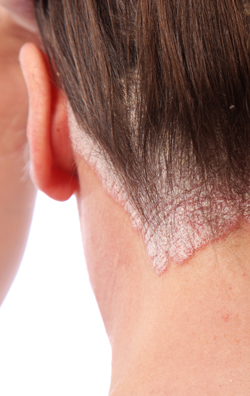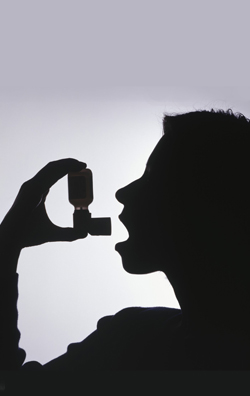
Studies say that, around 2 million people each year get infections that antibiotics don’t help. Around 23,000 people die each year with infectious diseases, like tuberculosis, skin infections, and sexually transmitted ones. People get infected at home, school, or work. But, health care sectors like hospitals or nursing homes stand in the first place in transmitting the disease.Antibiotics were prescribed for the treatment of infection for around 70 years. This has no effect on viruses that causes cold and flu. Treating with antibiotics for virus does more harm than good. Doing so the bacteria develop resistance to it, which makes antibiotics less effective against bacteria.
Using antibacterial cleansers may make bacteria more resistant against antibiotics. Some antibacterial substance like triclosan, which is commonly used in soaps and cleansers, may produce resistance in bacteria and makes antibiotics less effective on them.The FDA demands these companies, that produce such soaps, to show more evidence that they work. The agency found that antibacterial soaps are no better than plain soap in preventing illness.Antibiotics are often prescribed by the doctors, to treat acne. But this may lead to develop resistance against antibiotics. This is the reason, why everybody is advised to work closely with your doctor to treat acne.
Sinusitis and Ear infections can be caused by virus, bacteria or by the irritation from the air. Usually, infections get better on its own without bacteria. If your symptoms last for more than a week after you consult a doctor, plan for a follow-up.But it is not same with Strep throat, which is usually caused by bacteria. You may need antibiotics to manage this situation. Seek medical advice before taking antibiotics on your own.
Doctors consider several factors like, age, severity and duration of the disease, etc. before prescribing antibiotics. Do not skip the dose prescribed, take antibiotics exactly as advised. If you stop antibiotics as soon as you feel better without finishing the dose prescribed, some bacteria may survive and make you sick again. This helps in reducing antibiotic resistance.Livestock can play a role in developing antibiotic resistance in humans. Meat of the Livestock carries antibiotic resistant bacteria, which can also be transferred to humans.
The FDA says that, except those prescribed by a veterinarian, should be phased out the use of antibiotics, in animals raised for food.The threat of resistance has been around us for decades. Nobel laureate Alexander Fleming, who discovered penicillin, speech in 1945, warned that the bacteria could develop resistance to these drugs.Several efforts are now under way to create more antibiotics. Since 1980s, there hasn’t been a major new class of antibiotics were discovered.CDC statistics show, that around $20 billion are spent each year to tackle antibiotic resistance. Resistant infections make people more sicker, make them stay in the hospital longer and need more expensive treatment.
A drug resistant Bacteria, that spreads quickly, Clostridium difficile (C. diff), worries health care officials the most. C. diff causes fatal diarrhea and is responsible for 250,000 hospitalizations and 14,000 deaths, each year. Deaths related to the bacteria increased 400% between 2000 and 2007, partly because of it.Carbapenem-resistant enterobacteriaceae (CRE) bacteria, MRSA, Neisseria gonorrhoeae and drug-resistant tuberculosis are also considered to have a threat level of “serious.”.Never ever think of taking antibiotics prescribed to someone else. Antibiotics prescribed for someone else may not be the right one for your illness.
Taking the wrong medicine could make you even worse, and may take longer for you to get better.





